-
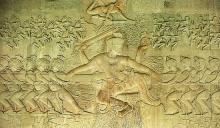
Free for one in sovereign water and EEZ to free for all beyond EEZs both have depleted the Ocean by competing demands with increasing disputes among countries.
-
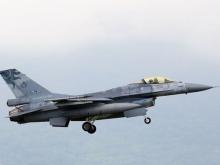
The US Congress has recently taken a decision that inadvertently worked in favour of India. In an intrepid foreign policy decision, Congress came down heavily on the offer made by the Obama administration to Pakistan for the sale of the state-of-art, all-weather, and multi-role fighter defence equipment and refused to utilise American taxpayers’ money to fund the eight fighter jets to Pakistan.
-
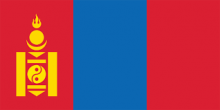
On April 22, Earth Day, with other 129 countries Mongolia is expected to sign the Paris Climate Change Agreement, which was adopted at COP 21 at Paris last December, in New York. While Mongolia, being the largest landlocked country with development constraints, emits a minuscule of greenhouse gases (GHG), 25 per cent of Mongolians are facing severe climate impacts. Among nearly 2.8 million total populations, more than 225,000 or 41% of the total herder population have been suffering from hostile weather conditions, including more than 28,000 children below the age of five.
-
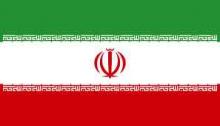
Lately, the United States and some European nations have lifted oil and other financial sanctions on Iran and have also released roughly $100 billion of its assets after international inspectors concluded that Iran had complied with its promises to dismantle large sections of its nuclear programme. To signal that the relations are now moving towards friendship, just a few hours before the implementation of the nuclear accord five Americans were released from Iran’s prison.
-
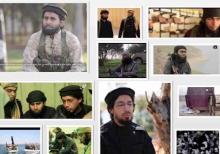
How big a threat does the Islamic State (IS), also known as the Daesh, pose for India? One answer could be found in what Salman Mohiuddin, an active IS recruiter arrested in Hyderabad in January 2015, told his interrogators. Mohiuddin said that he was scheming to “proceed to Syria to join the IS and later return to wage war against India” (Indian Express, November 19 2015).
-
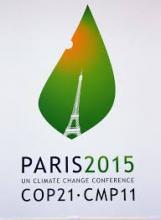
Logically, the frequency of occurrences of tropical cyclones (typhoons) or unexpected weather during the last quarter of each year would have accelerated some resolution of issues in the climate cauldron, especially loss and damage during UN-sponsored climate talks. Tropical cyclone Koppu (Lando) slammed the island nation Philippines just a day before the Bonn Climate Change Conference (October 19-23). Strom Patricia, the strongest hurricane ever recorded at sea, though it receded on landfall, could have brought huge losses in Mexico a day after the Conference.
-

In India, attempts at reforming complicated sectors like national defence invariably start with the constitution of committees/task forces. Afterwards, the leadership battles conflicting positions on recommendations, leading to either shelving such reports or, at best, partial implementation that is more ad hoc than preferred solutions. A survey of committees constituted between 2002 and 2015 justifies this assessment.
"Accommodating corporate aspirations would be the biggest task before V K Atre Task Force on Strategic Partners"
-
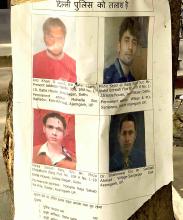
‘There is no such thing as good or bad terrorism.’ This statement is often repeated easily but seldom put into practice by the western world in its fight against terrorism. The policies to deal with the terrorist acts are different when one analyzes the strategies of the western countries and South Asia. Soon after the attacks of 9/11, the US declared war against Iraq and Afghanistan. Similarly, when Paris was attacked on 13/11, Francios Hollande declared that France is at war with ISIS.
-

India’s tryst with Saudi Arabia dates back to nearly five millennia when Indian sailors and merchants made regular forays into the Arabian peninsula and forged commercial, cultural and civilisational links. In recent times, the relationship between the two countries has been marked by an upswing in the strategic partnership.
-
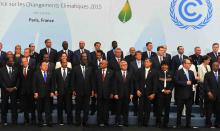
The first ever comment to the First Draft- which can be termed the Paris Protocol- came from India as ‘lopsided’ to bring climate justice, ‘inadequate’ for developing countries and ‘lenient’ to developed countries. Usually, after the Bonn Intercessional Conference, which commences in June every year, the negotiation on climate change gets movement.
Paxton ported to drupal by DropThemes.in